In April this year, the family-owned metal recycling and waste management firm Ward opened a deep sea dock at Immingham, in what is the latest of a series of investments by the business.
The decision to open its own dock, which means it has direct shipping access to the metal markets of countries such as Turkey, follows soon after the development of a new waste management site in Chesterfield.
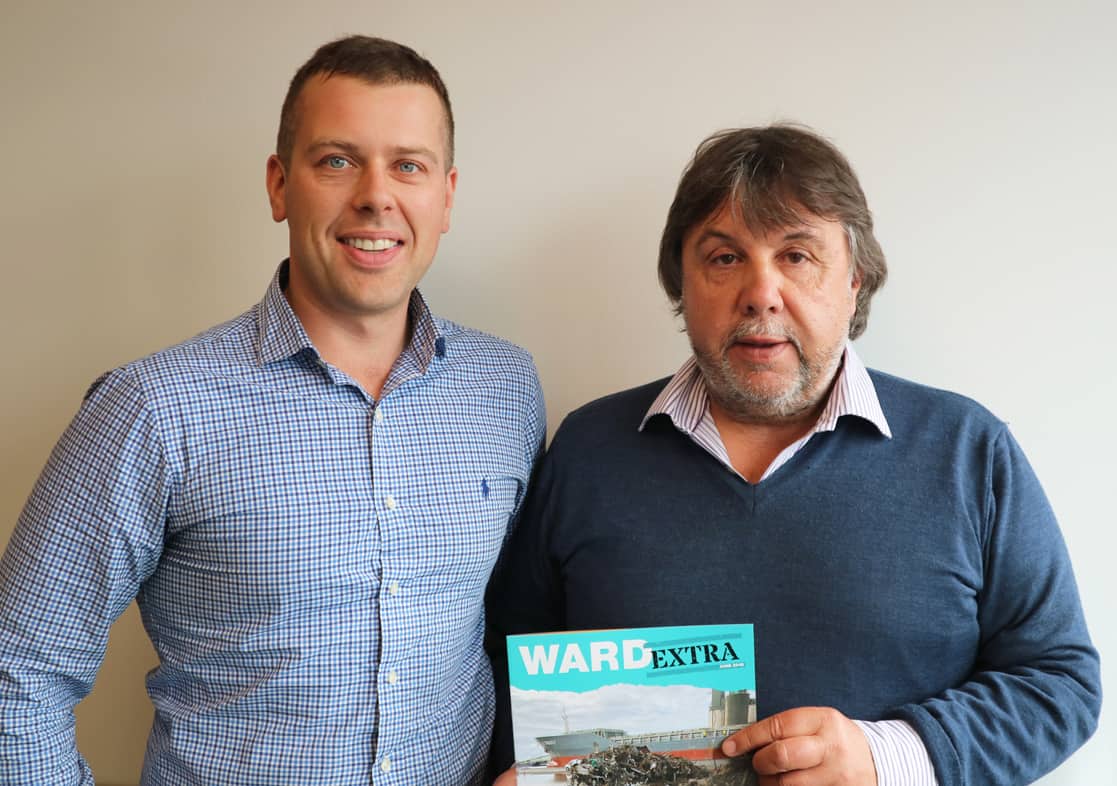
The two projects are part of a clear desire for continual development of what is a long and well-established family business, based today at two sites in Ilkeston, Derbyshire and with additional facilities in Chesterfield and at its original home, Swadlincote.
The company traces its roots back to the Burton upon Trent area in the 1940s, with its first steps in the scrap steel market of what was one of the UK’s heavily industrialised regions, involved in coal and electricity generation.
Founded by Donald Ward, the grandfather of present joint managing directors David Ward snr and Michael Ward, the business in the forties handled scrap steel which came largely from the National Coal Board and the coal mines and from the electricity sector, with several power stations in the area.
Post-war
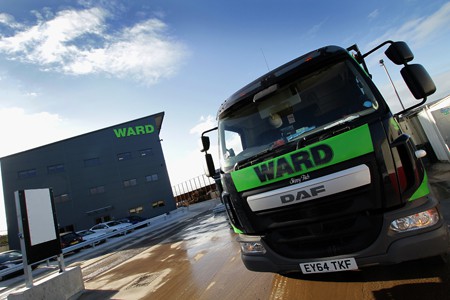
Scrap metal work, says David, was very different then with businesses having little equipment. “Post-war was a time of flame cutting with no heavy equipment and the business very much one based on manual labour. There were local users for the scrap that was produced, particularly from foundries in Derby, for example.”
David continues: “Later, the company was to become one of the early adopters of machinery and this included a 550 tonne Henschel shear in 1980, which represented a landmark investment by the business. This was a big change for us as were able to process more material and operate in a faster way.”
Michael, being four years older, came into the business ahead of David. They worked with their father in the 1980s and helped the business to expand. More lorries were put on the road and while they were still operating only at Swadlincote on a busy 2.5 acre site, throughput increased.
Waste management
The waste management side of the business grew in the 1980s and 1990s with Ward running a licensed waste service for local businesses, taking containers to landfill. As Donald explains, “Back then there were no rules about segregation and landfill was the cheap option. It was relatively straightforward to get into waste, to offer those services and to expand skip provision in the local area.”
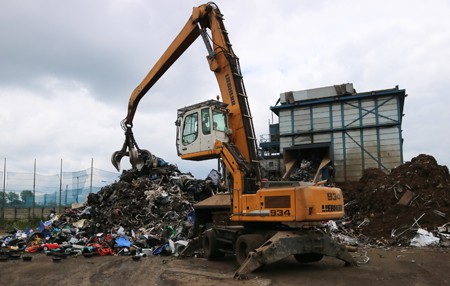
By 2000, the company had bought some RCVs as well as rear-end loaders and other vehicles. But, the metals were still the mainstay of the business and, in 2001, further investment followed with the purchase of a larger and more powerful Henschel 850 tonne shear with a 10m long box.
The equipment was needed because of the amount of material being handled, says David. “We were increasing our throughput from expansion in the Midlands alongside growth from work arising from the demolition sector. We also purchased balers which helped us to supply foundries with new production material baled in 12” sizes.”
Expansion
The intensity on the site was huge and the Ward started to look for a new site for expansion. One customer was St Gobain, previously the Stanton steelworks. Ward supplied as much as 60,000 tonnes of scrap at the peak of demand.
“But”, explains David, “The mindset of production plants was changing and they did not wish to carry as much stock because of the costs incurred. So, it was agreed that we would hold stock which was for them and then deliver it to them regularly when they needed it. They had faith in us and this development came as we bought our current site here in Ilkeston, which is now home to our shredder.”
This “hold and supply” work was to become a feature of the business and was developed with another customer, QDF Components in Derby, which was owned by Thyssen at one point.
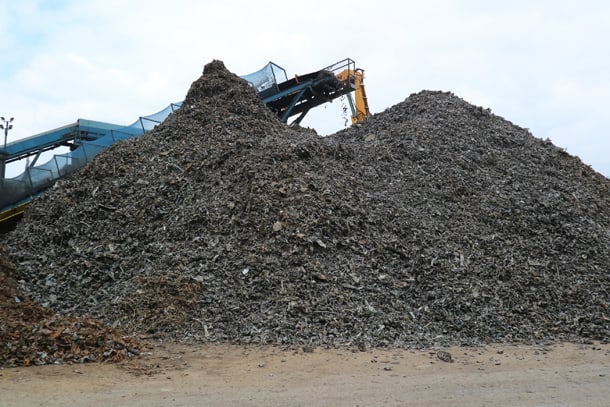
The pre-recession years of 2002-2007 were a boom time across the UK economy and David reflects that they were also positive for Ward. “These years were a good period of growth for us and we installed another shear and invested £500,000 in a waste sorting plant. We also started to expand the site bit by bit from its 4.5 acres – today we have 10 acres.”
Fragmentiser
There has been constant investment at Ilkeston turning what was a small scrap yard under a previous owner into Ward’s central metal recycling site, primarily with the installation of a 3,000hp Metso Lindemann fragmentiser (or shredder). There has also been the placing of three weighbridges, concreting of large areas and construction of a large building for the handling of skip waste and other materials. This included in 2004 the installation of a Redox recycling plant.
For the company, the fragmentiser investment was not without its stresses as the purchase was made just as the recession started. “Almost as the markets crashed, we made our largest investment, in a Metso Lindemann shredder, says David. “We can smile about it now, but as we opened the shredder the price of scrap fell from £180 to £80 and then to £30.”
“It was the installation of the shredder that really changed our position in the market and opened up the export route.””
Donald Ward
Commercial manager, Ward
The story is taken up by Donald Ward, commercial manager, who is the son of the other joint managing director Michael. With other fourth generation family members, he has a senior role within the business. “And”, he remarks, “that after the recession 10 years ago, the company pulled through a challenging period across the industry generally, recovering well and continuing to grow.”
Markets
Markets for material are important and the company has always managed to find ready buyers, he says.
“We find that our processed material has ready overseas markets”, says Donald. “We are exporting boxes of ferrous material to India and Pakistan. But it was the installation of the shredder that really changed our position in the market and opened up the export route.”
Today the business has a turnover of circa £140 million. In terms of markets for recycled metals, about 90-95% of this being ferrous material and serves customers in the UK, Europe and the rest of the world.
And, this export activity has been a factor in the company regularly appearing in the Sunday Times list of fastest growing export businesses.
Ilkeston sees Ward handling more than just metals. In 2010 the company acquired a site just a mile from head office which has seen the development of further businesses including wood shredding and aggregates production. But, pride of place goes to a plant to process automotive shredder residue to try and capture more metals, and in particular non-ferrous material generated from the fragementiser.
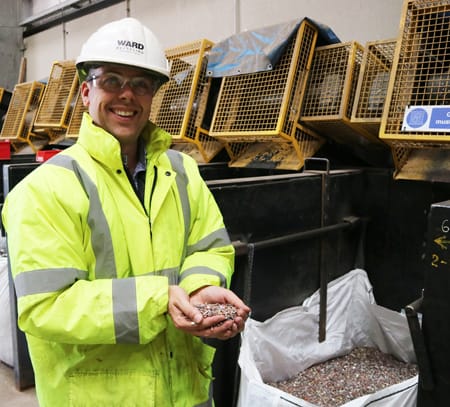
“This helps us increase our revenue and also ensures we recycle to a higher level. We started building the plant in 2011 and believe that ours is very good,” says Donald. “We manage to extract pretty much all the metals and glass, which can go to aggregates and plastics, not the PVCs.”
As is the case with others in the plastics and metals sector, plastics is a challenge and can prove costly to handle especially because of its bulky nature when filling trucks with material. With few outlets available to process the material, much of it is landfilled with a smaller volume recycled.
At its 7.5 acre Chesterfield site, which was acquired in 2015, Ward has one of the largest shears in the UK. The site also has waste recycling equipment, ELV depolluting facilities and scope to handle hazardous waste.
In terms of markets, “the reach of the company is all over,” says Donald. And, while it is particularly strong in Leicestershire, Yorkshire, Staffordshire, Derbyshire and Nottinghamshire, Ward offers a national service: “We are a good alternative family firm across the UK”, he declares.
Immingham
The latest development with the dock at Immingham sees it rented from ABP. Some coaster vessels have taken small loads with the first larger vessel of 21,000 tonnes arriving in June and allowing the business to start supplying the Turkish market.
After all the investments and growth of the business, David continues to look ahead and monitor the business’s prospects. “Yes, there is a future possible slowing down of metal if the Brexit doomsday arrives. But, there is still plenty of material out there and we’re really busy.”
And, epitomising the ongoing aim of keeping up with customers demands, he reveals that the company is opening a hazardous waste landfill at the former Dunton brickworks near Amersham in Buckinghamshire. The site, he says, means “we will be perfectly placed for contractors working on the HS2 rail project and for demolition contractors and site remediation operators in the South”.
Metals Recycling Event 2018
The Metals Recycling Event and the CARS end of life vehicles show takes place on 11 & 12 July 2018, NAEC, Stoneleigh, West Midlands. Ward will be running the live demonstration area at the event.
Register for free to attend what is the UK’s largest event dedicated to metals recycling and recycling of end of life vehicles.







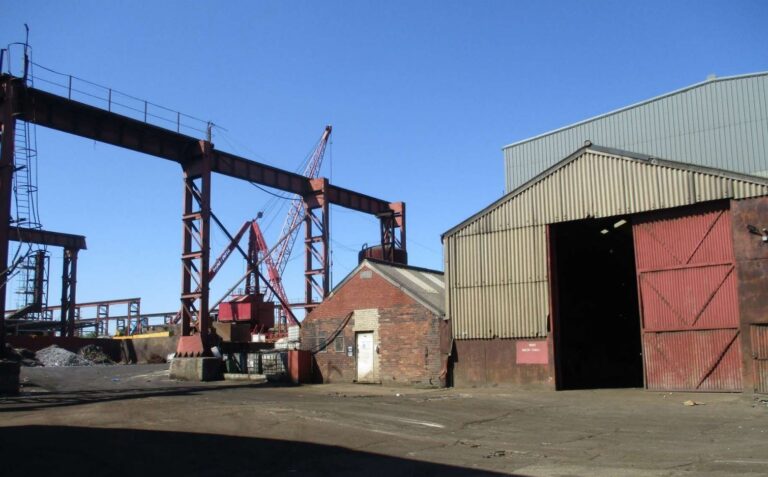
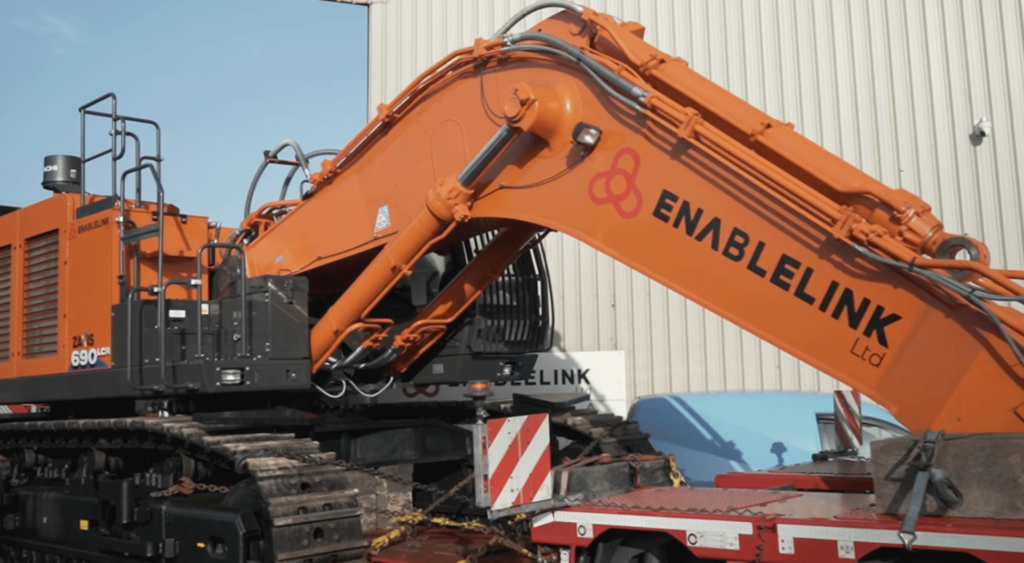
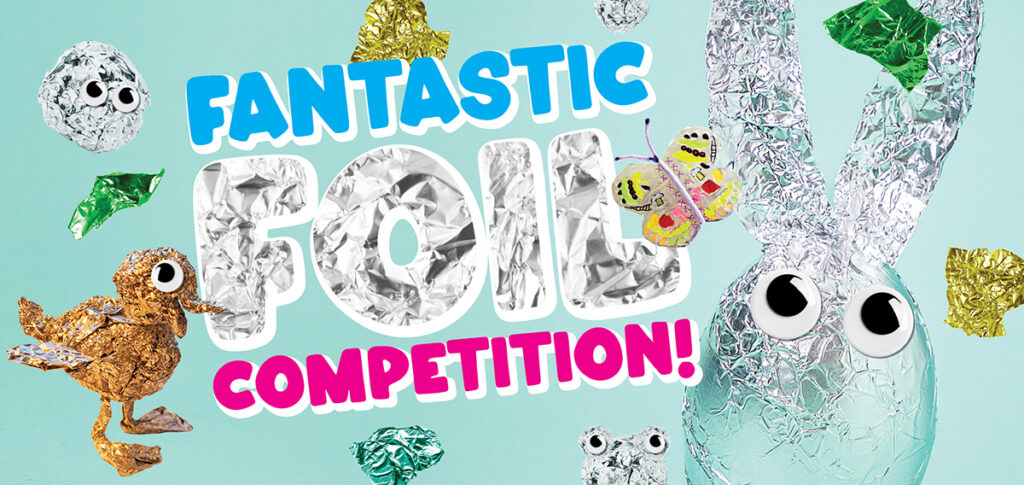

Subscribe for free